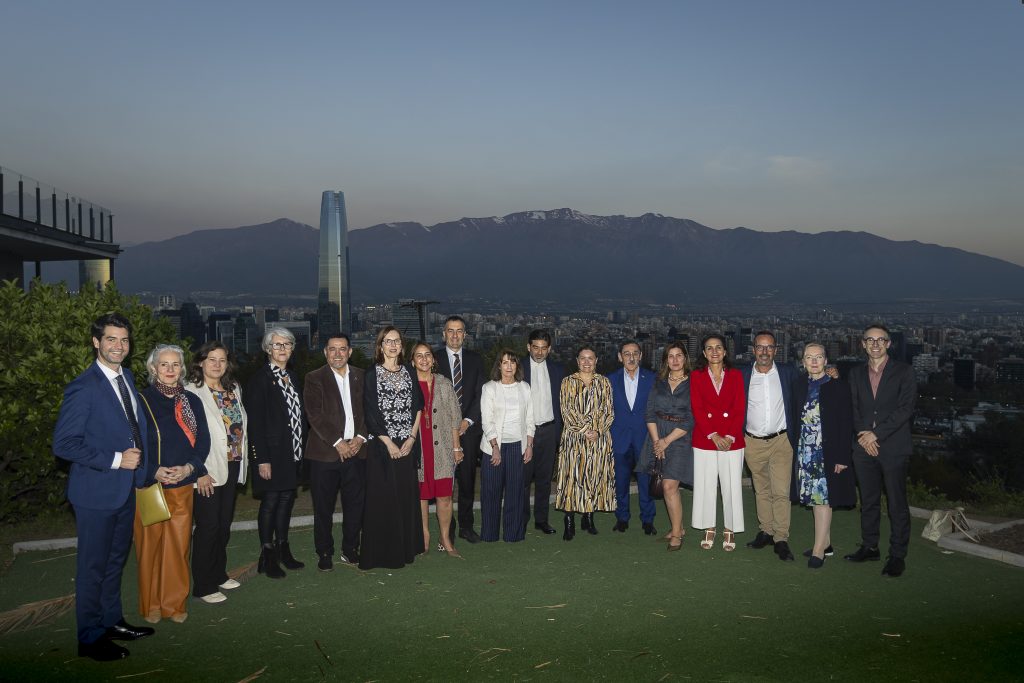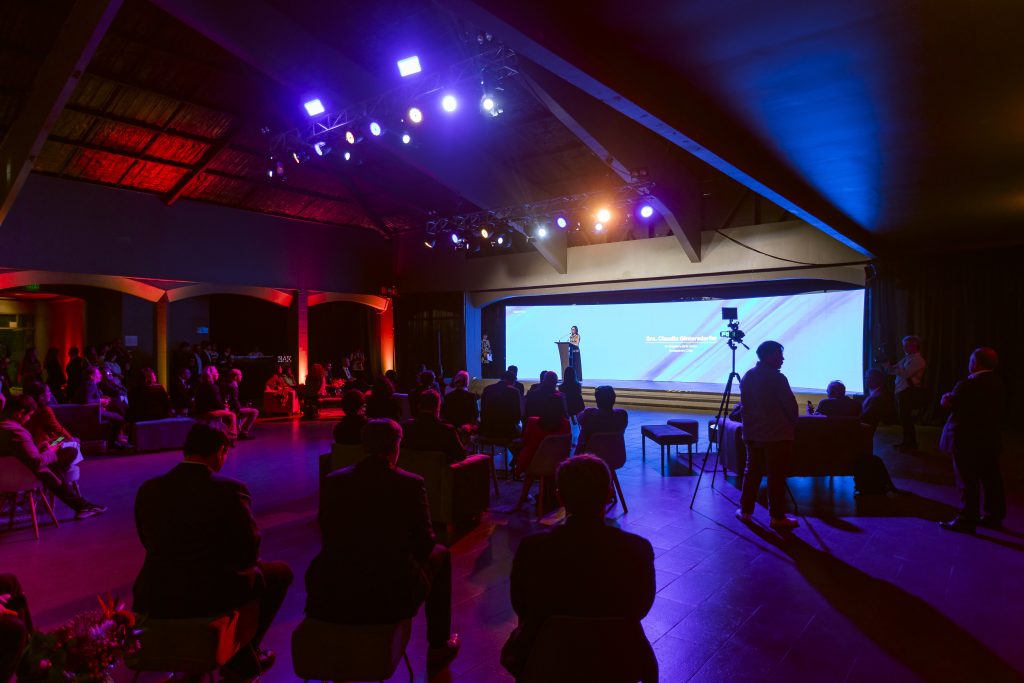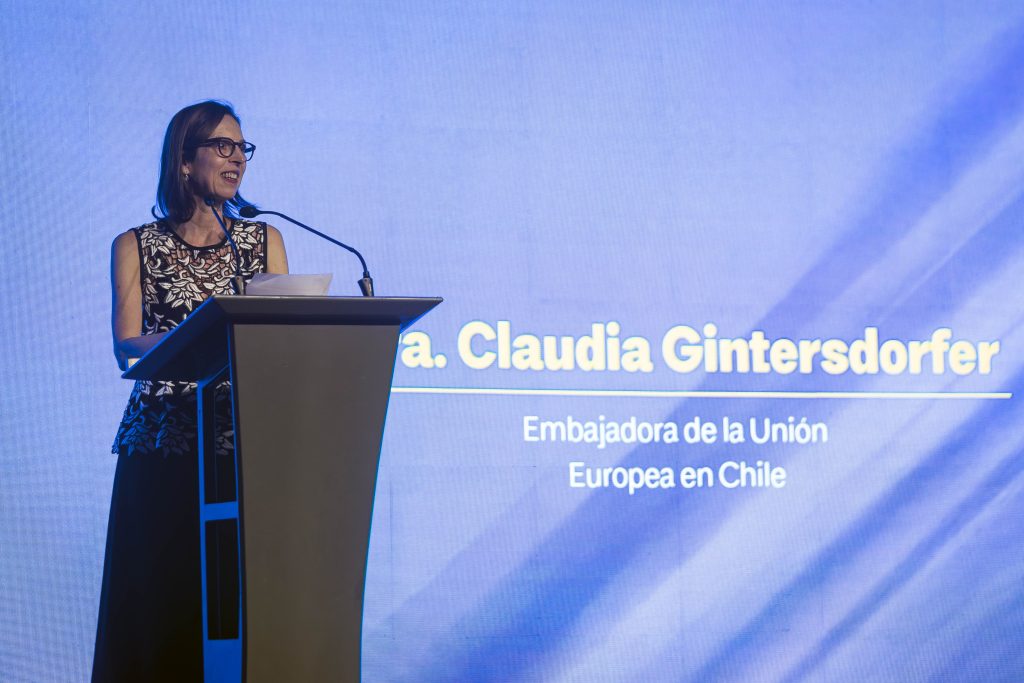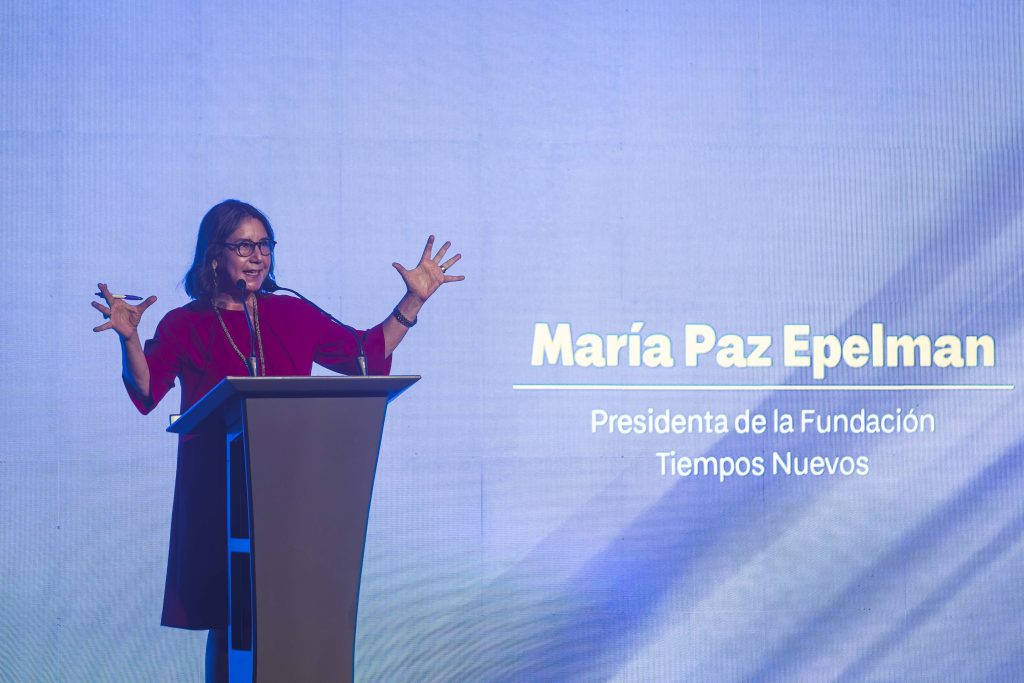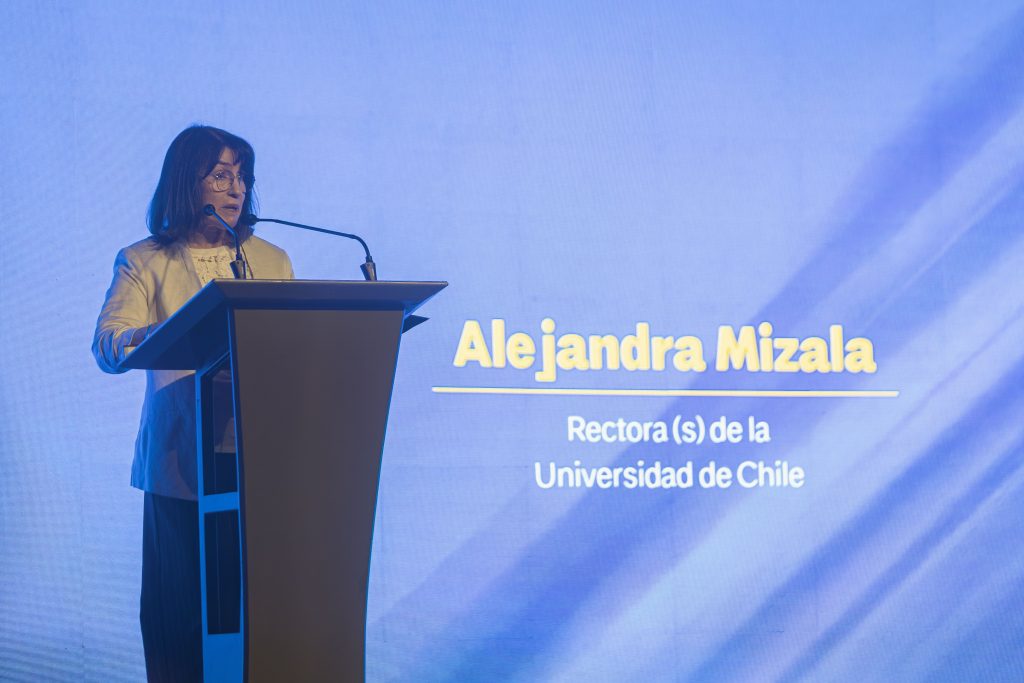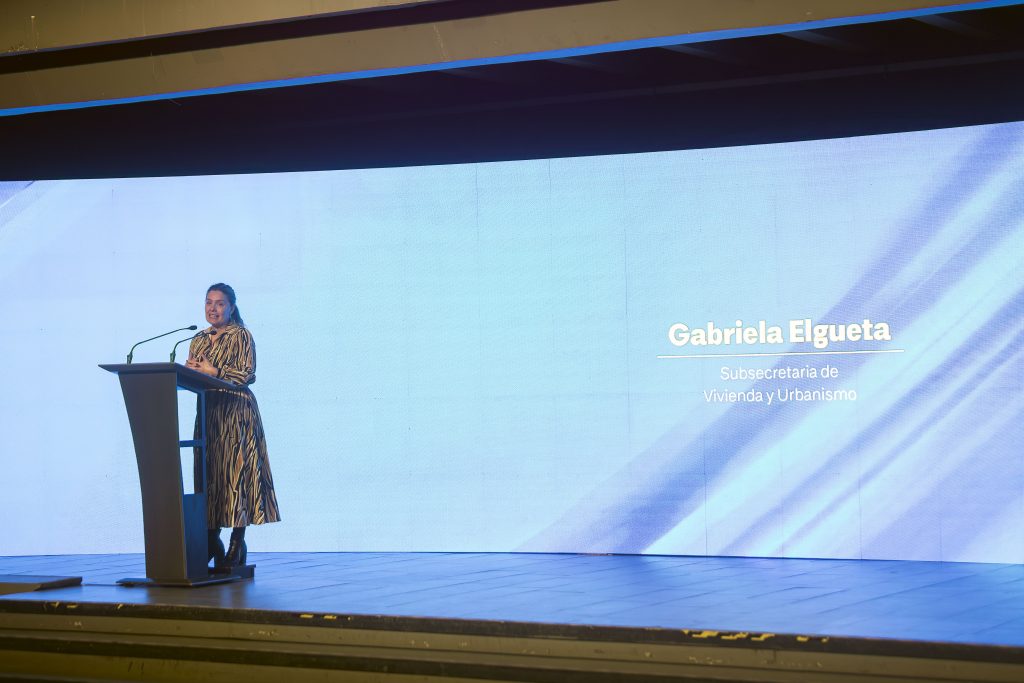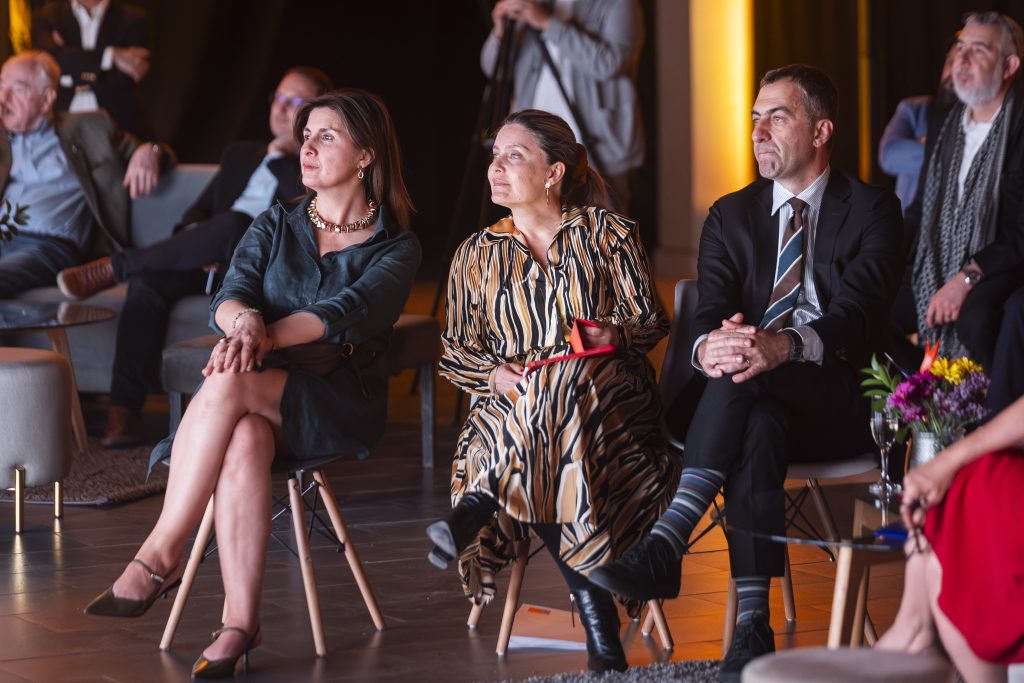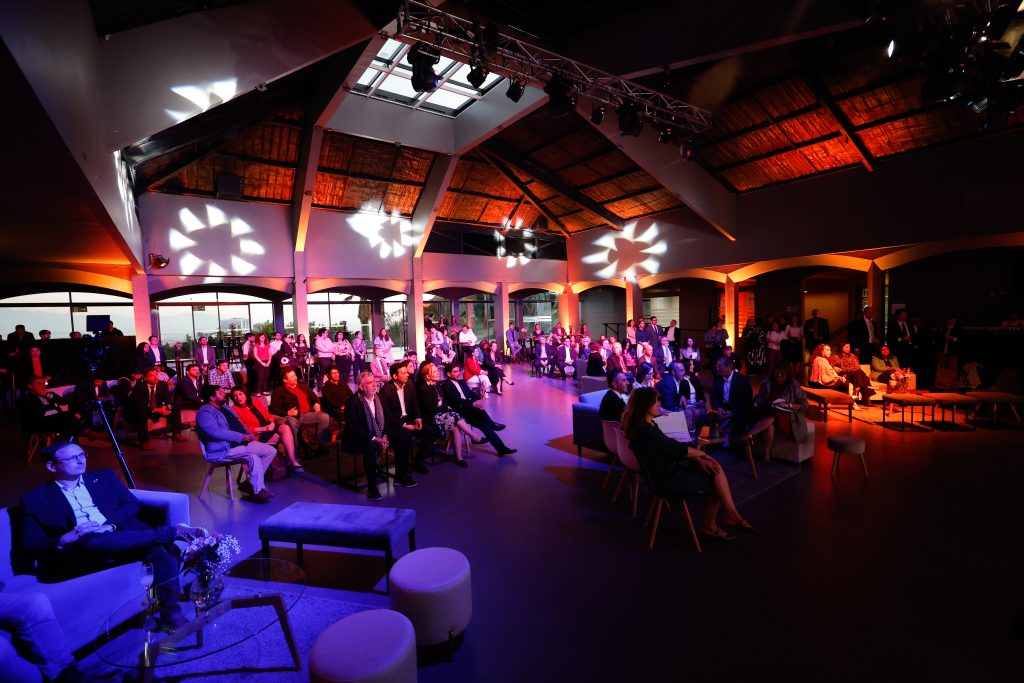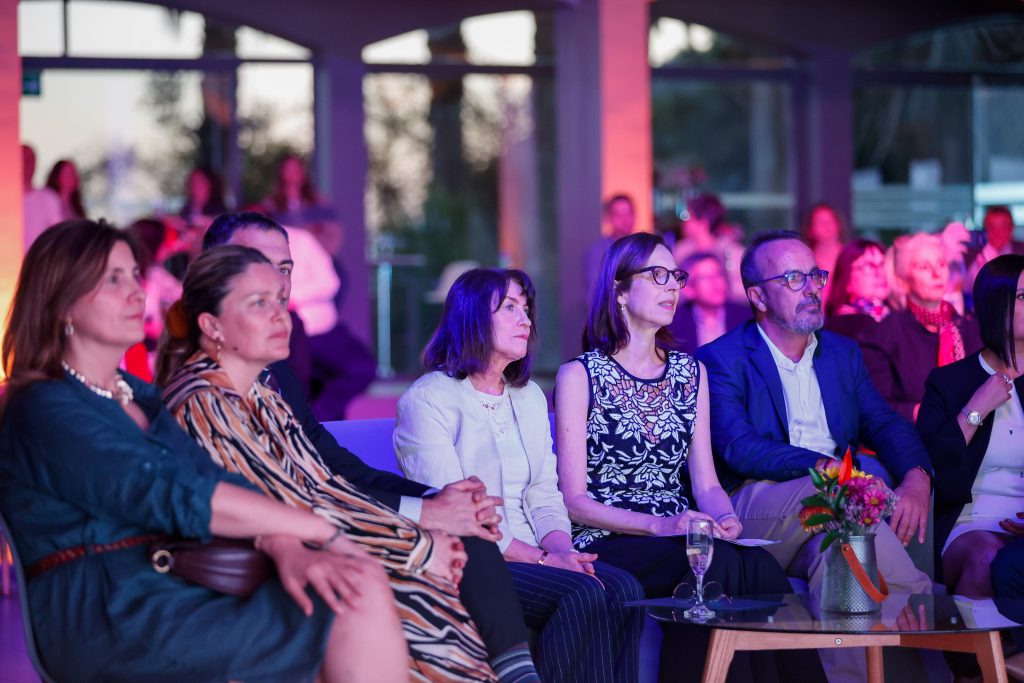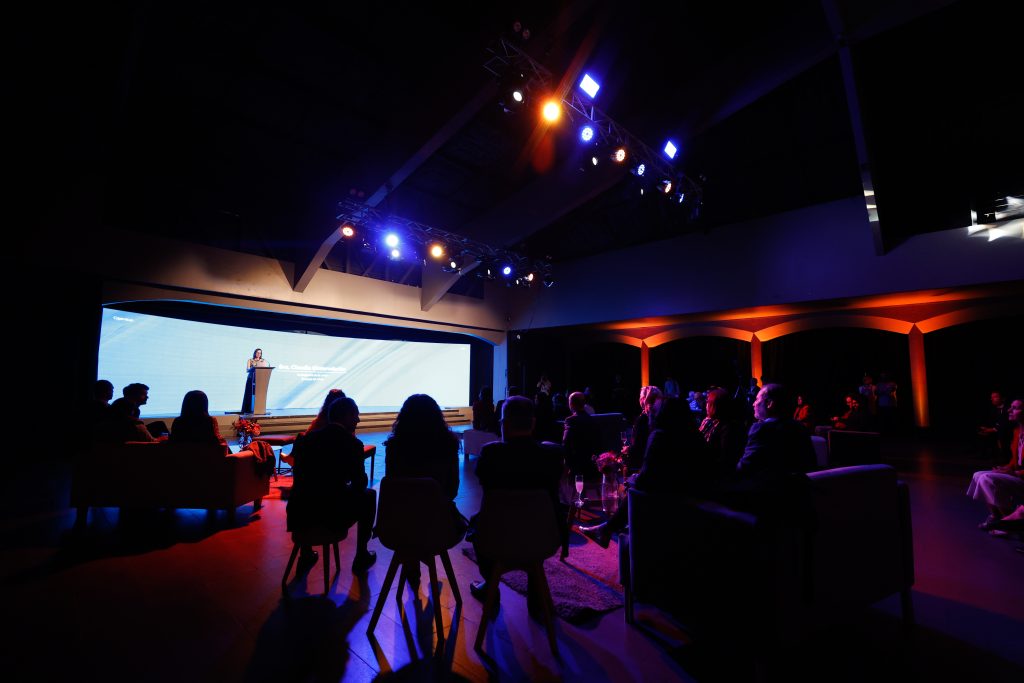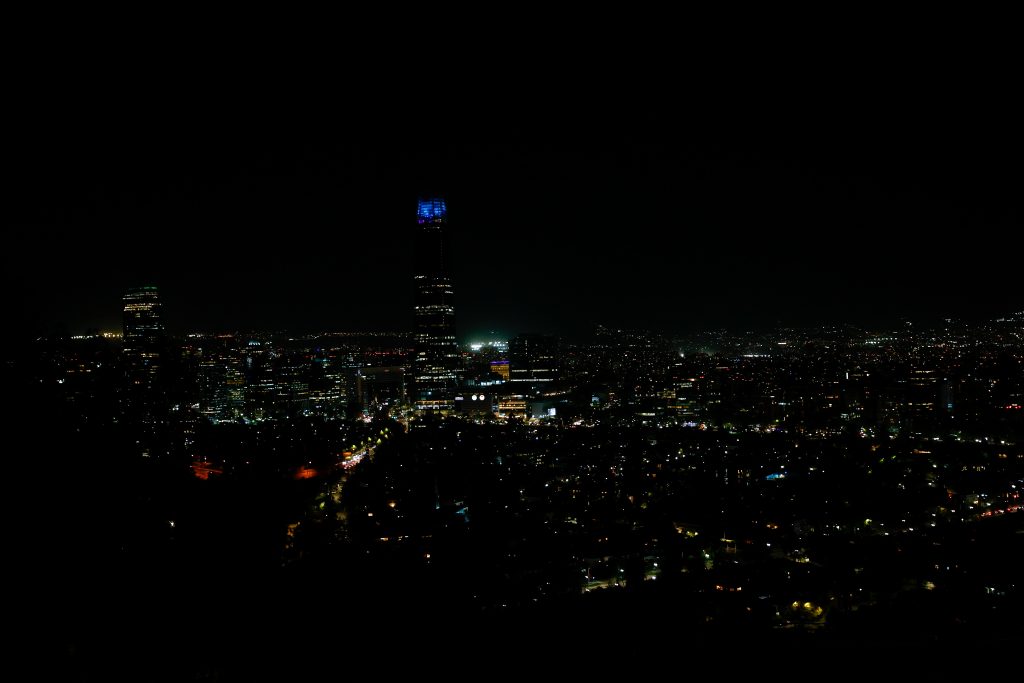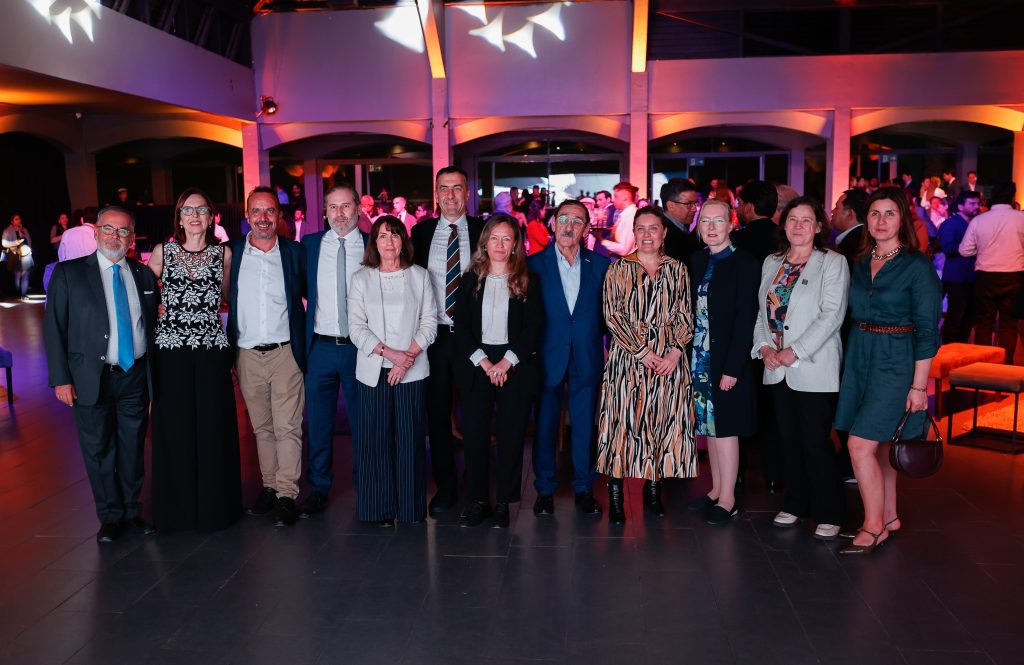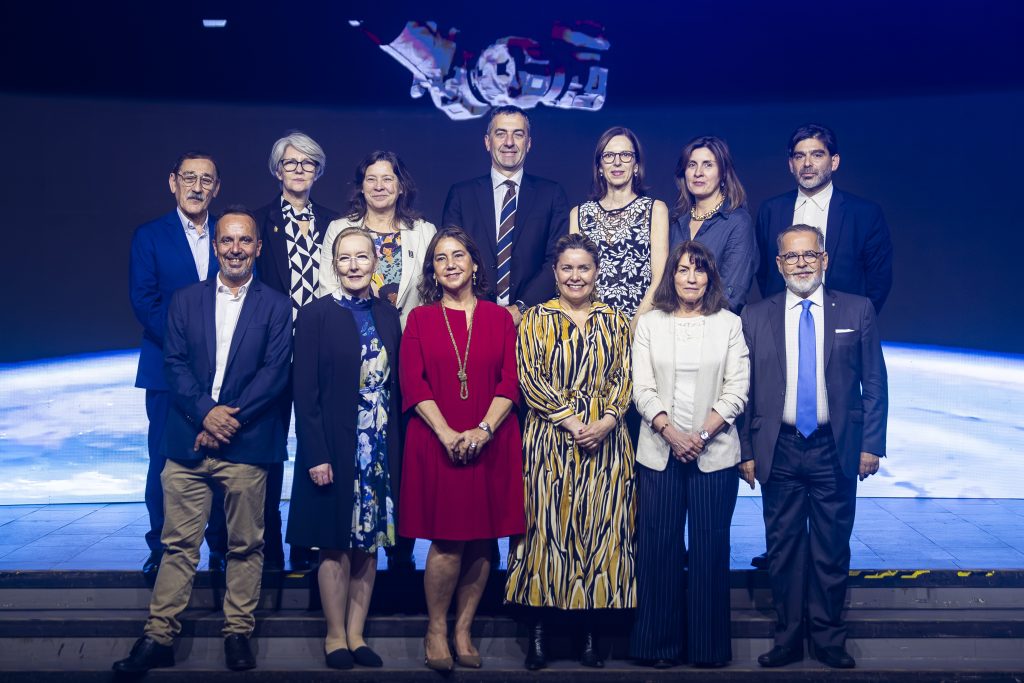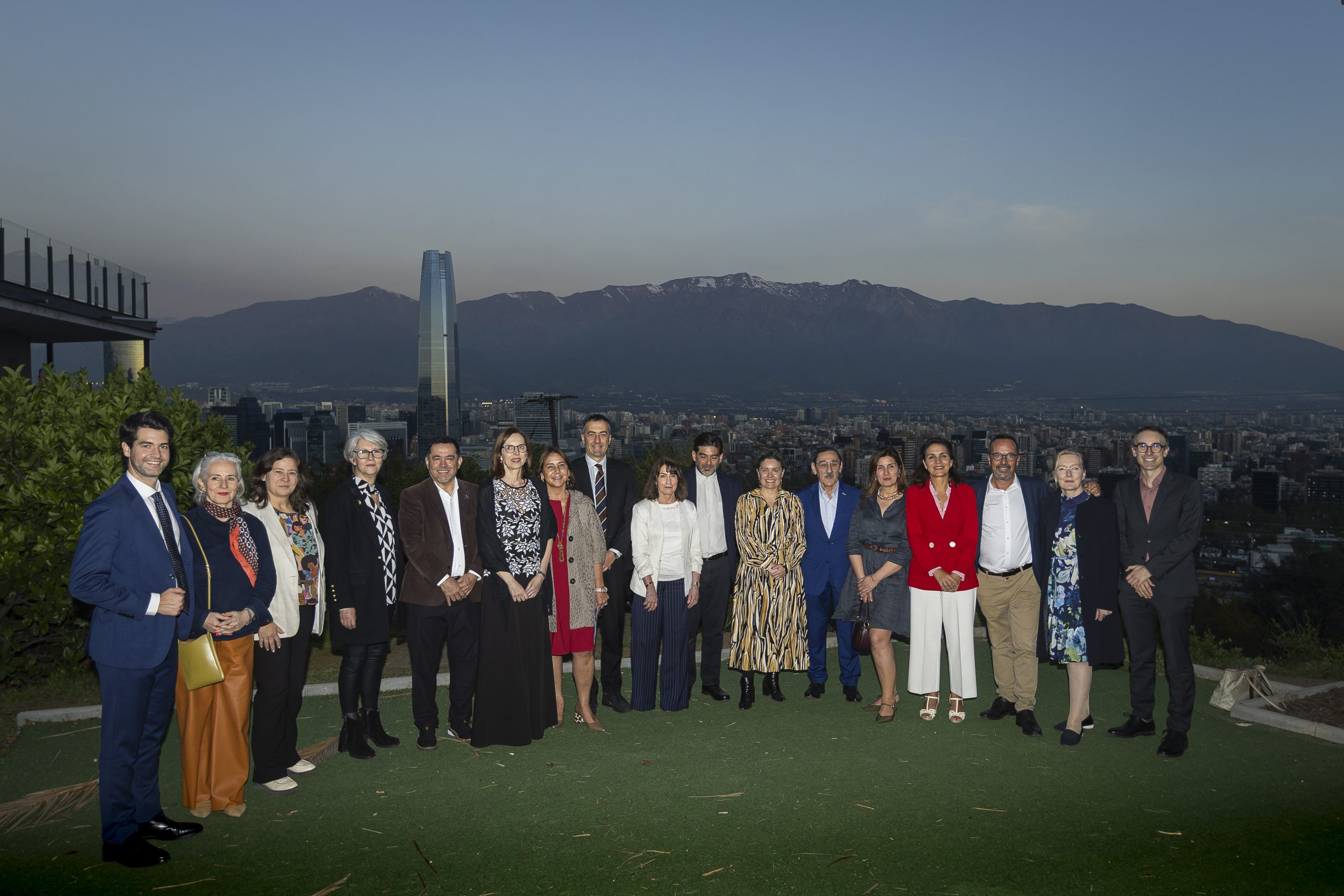As part of the visit to Chile by Cristina Lobillo, Director for Energy Security and International Relations, and Stefano Signore, Director for the Green Deal and Digital Agenda of the European Union (EU), the launch ceremony of the Mirador Copernicus on 1 October.
The initiative, driven by the EU Delegation in Chile, the Museo Interactivo Mirador (MIM), the University of Chile and the Metropolitan Park of Santiago, with the collaboration of the Copernicus Regional Centre for Latin America and the Caribbean (CopernicusLAC Chile), seeks to bring Copernicus data – the EU’s Earth observation satellite programme – closer to citizens.
The space will provide an immersive experience to understand how satellites and space technologies contribute to monitoring the planet. A key element will be the support of CopernicusLAC Chile, which will ensure the scientific validity of the content.
The event was held at the future location of the CMirador Copernicus (former Vista Santiago), situated in Cerro San Cristóbal, Metropolitan Park, where the interactive hall is expected to open to the public in 2027. Within the framework of the EU–LAC Digital Alliance, the initiative will be funded by the EU and aims to create a transformative space that brings Earth observation closer to the general public.
“Mirador Copernicus represents a very important step for MIM, as it allows us to open a window to space and, at the same time, look at our own home: the Earth. We want each visitor to discover, in a close and interactive way, how satellites provide us with vital information to understand our environment and make better decisions as a society. It is a project that combines knowledge, wonder and responsibility for the planet’s future,” said María Paz Epelman, President of Fundación Tiempos Nuevos.
The presentation was attended by representatives of the EU Delegation in Chile, MIM, CopernicusLAC Chile, and the Ministries of Housing and Urban Development, and of Cultures, Arts and Heritage, who highlighted the value of collaboration and the potential of the project to bring Earth observation science closer to the general public and decision-makers in the region.
For her part, the EU Ambassador to Chile, Claudia Gintersdorfer, stated: “Cooperation between the European Union and Chile in the digital and scientific fields reflects our shared vision of the future. A future that is more sustainable and inclusive; where science and innovation serve people. Projects such as Copernicus and the forthcoming Mirador are a showcase of this shared vision, bringing knowledge closer to citizens.”
Acting Rector of the University of Chile, Alejandra Mizala, stressed: “The Mirador Copernicus is an extraordinary example of what we can achieve when we join forces around a common purpose. This space reaffirms that bringing science closer to people is essential for democratic and sustainable development. When science becomes accessible, society recognises its contribution to everyday life: from health and education to the environment and the planning of our cities.
“By opening the doors of knowledge to everyone, the Mirador Copernicus becomes a cultural and educational driver that strengthens trust in science as a tool for progress and the shared future of our countries,” Mizala added.
The Minister of Housing and Urban Development, Carlos Montes, remarked: “Parquemet is one of the most visited urban parks in Latin America, with more than 7.5 million visits every year. Its bond with the city is profound: it is a democratic space that connects us with nature and knowledge, contributing to building fairer cities, where education, science and culture are within everyone’s reach. The Mirador Copernicus will consolidate that commitment, bringing scientific knowledge closer to citizens and positioning Santiago as a benchmark for science communication in Latin America.”
Meanwhile, the Director of CopernicusLAC Chile, Florencio Utreras, said: “It is very important for us to bring Earth observation mechanisms closer to the general public, which is why this initiative is key to showcasing the work we are developing from Chile for all of Latin America and the Caribbean, providing services and information about terrestrial and marine ecosystems openly and free of charge.”
New technological equipment for CopernicusLAC Chile
During the ceremony, the arrival of cutting-edge equipment was also made official, reinforcing CopernicusLAC Chile’s capacity for storing, processing and distributing satellite data, thus consolidating its role as a regional pillar in promoting and applying Earth observation information.
This new equipment, with broad capacity and artificial intelligence applications, will strengthen the development and distribution of value-added services, provide the region with open tools for ecosystem monitoring, support the storage and distribution of Copernicus satellite images since 2014, serve as a regional geospatial data platform, and at the same time foster entrepreneurship around Earth observation services.
Copernicus Business Incubator
In addition, the ceremony announced the creation of the future Copernicus Business Incubator, developed in partnership with OpenBeauchef, the innovation and entrepreneurship centre of the Faculty of Physical and Mathematical Sciences (FCFM) of the University of Chile.
The aim of this project is to promote innovative solutions and ventures based on Copernicus data, with regional scope in Latin America and the Caribbean. The project foresees an estimated funding of 2 million euros from Europe and is scheduled to launch in 2026.
According to Alejandro Pantoja, Executive Director of OpenBeauchef, “working together with CopernicusLAC Chile will allow us to connect expert technical knowledge in Earth observation with the experience of incubating and accelerating innovative technology-based start-ups, while also complementing knowledge of LAC ecosystems in Earth observation and space technologies with the expertise of innovation and entrepreneurship ecosystems in different countries.”
With this, OpenBeauchef seeks to consolidate itself as the Copernicus incubator for the region and expand an innovation axis in space technologies, fostering deeptech start-ups in space, geospatial and astro-engineering technologies. The initiative will build on the joint experience with CopernicusLAC Chile, the regional innovation ecosystem, and the capabilities and talent developed within the FCFM.
Photos courtesy of the University of Chile Press Office and the European Union Delegation in Chile.
Text: CopernicusLAC Chile Communications Teams, EU Delegation to Chile, University of Chile, FCFM U. de Chile, Parquemet, Minvu.
